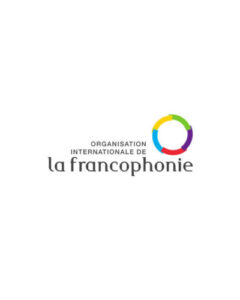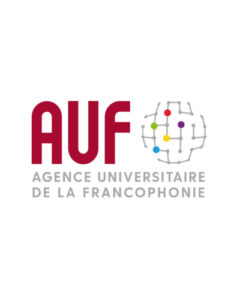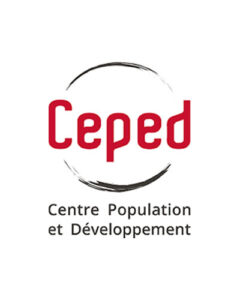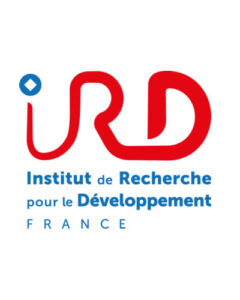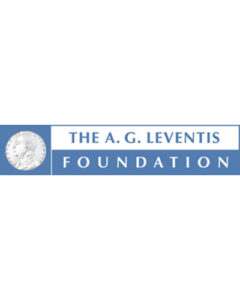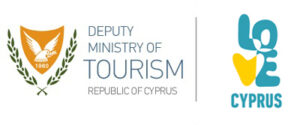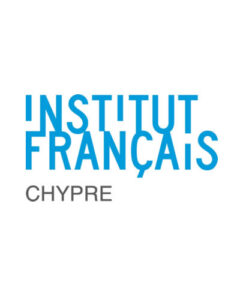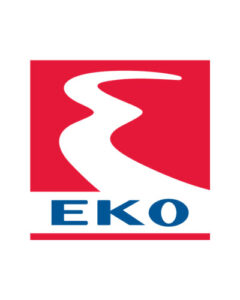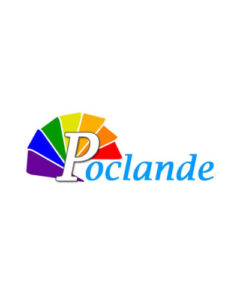CONFERENCE THEME
In the last two centuries, the world population has multiplied by seven with more than half of it concentrating in the cities. With the globalization and the progress of digital communication, as well as the political upheavals of the last few decades, the factors of urbanization became more complex. Now more than ever, the cities with their “refuge function” (Dumont, 2020) are preserved and diversified and have become poles of attraction for different types of migration. In the next three decades, urban growth will most probably intensify. However, the rate and the forms of urbanization vary according to continents and countries. While the predictions concerning the persistence of world’s urbanization may vary due to a certain number of demographic indicators (Pison, 2019) and because of the unpredictability of sudden political, economic or sanitary changes, it is true that the concentration of the population in the cities leads to a certain number of problems. In fact, it creates a need for infrastructures, increases mobilities of populations and presents important ecological challenges for sustainable development. In the face of these realities, geopolitical and social inequalities are blatant all the more, because they are part of « l’architecture des processus de mondialisation » (L’Atlas, 2018), where the so-called cities of the South are not in a better position.
The features of the cities as well as their limits, their transformations or even their emergence are displayed through their audio and visual linguistic landscapes. For more than 40 years now, thanks to the use of multidisciplinary sources, field research and the analysis of linguistic practices or discourses on cities, sociolinguistics have been questioning how the city transforms languages and how languages transform the city (Bulot, 2001). By paying attention to the way cities change over time and to the reasons why they change as well as to the complex nature of exchanges that take place within this setting, the studies highlight, through language, the dynamics of social, cultural and linguistic organization or reorganization in various contexts and on different scales, like for instance at the level of a neighborhood or a country, or even at the interconnection of cities in a globalized world. The description of the ecology of languages or of specific ecological nests demonstrates the dynamics of both language practices and linguistic policies in vitro or in vivo (Calvet, 1999). Finally, the study of semiotic landscapes and language practices informs us about the social relationships and the spatial imaginaries that underpin and transform them.
In human and social sciences, political, economic and communicational mutations and disruptions have led to the renewal of questions concerning space and the reconceptualization of borders, territories and mobilities, including in their discursive dimension. They also raise the question of how the globalization of urbanization impacts on the future of societies and humanity and thus, question the relationship between languages and sustainable development. Finally, they lead, in human and social sciences, to a critical reflection about the future of research from a theoretical and methodological as well as from a cultural and political perspective.
In the same line of thought, knowledge about the city is itself questioned: what is a city today? What point of view has served for the description of cities so far? What are the concepts that have made it possible to grasp its different forms and dynamics? How can we renew the study of cities and their historicity, based on analyzes that take into consideration local cultural logics or conceive space and borders as social constructions?
These questions will be treated during this scientific meeting which comes as a continuation of three conferences devoted to the relationship between languages and cities, that took place in Dakar and Libreville between 1995 and 2000, and contributed to creating and establishing the field of urban sociolinguistics. Twenty years after the first of these events, the question arises on how to (re)think the city from a linguistic point of view (Calvet, 2021), in the wider context of the urbanization of the world. The aim here is to account for studies that deal with the urban phenomenon in sociolinguistics and their contribution to the lively questions in human and social sciences raised above.
This conference– organized at the initiative of former PhD students and colleagues of Louis-Jean Calvet from around the globe– is also an occasion to apprais Calvet’s contribution to and influence on sociolinguistics, a field of research that he helped initiate and establish. From the concept of “glottophagie” first introduced in Linguistique et colonialism to his semiotic approaches in Jeu du signe, through his studies on La chanson, bande-son de notre histoire and up to Mediterranée, mer de nos langues, we can now see and appreciate the extent of his scholarly curiosity and the multiple ideas driving his research and objects of study. This diversity coheres in a logical universe that revolves around such key concepts as plurilingualism, south vs north, migration, the city, colonialism, signs, language policies, glottophagy —all concepts that are useful for understanding human societies in their linguistic aspects.
The questions raised above could be treated from several points of view:
1 – The analysis and description of linguistic ecologies locally and/or globally
What is a city and what is urbanity today? What are the frontiers between the cities and the countryside? How does the description of language practices account for the urbanization, the transformation or the emergence of cities, and of their inclusion in local and global exchange networks? In which ways does it account for the contacts between culturally and linguistically diverse populations, for the appropriation of the space and of social relations or power relations where languages have an active role to play?
2 – Linguistic space production
The focus here is on the city as a social construct of language practices or discourses. The question here is how ways of speaking or discourses contribute in constructing the city or urban spaces or even how spatial imaginaries produce attractive language models. We can also question urban narratives, individual or collective, at various scales, and in various contexts in an effort to understand how urbanized spaces such as “the African city” or “the suburbs” are constructed in discourse.
3 – Migratory movements and plurilingualism
Our focus here is on the “ circulations migratoires ” (Deprez, 2006) and their impact on cities and vice versa. In which way urban semiotic landscapes, visual and audio, keep trace of the social territorialization of space and its underlying tensions? What is at stake and what is the role of language practices and languages in the maintaining or the disruption of power relations in multilingual urban spaces, in diverse social spaces as well as in the heart of institutions?
4 – Knowledge, sustainability and development
If we consider the complex interplay of various factors in language maintenance or shift and the agency of social actors, we could ask if and how the preservation of minority languages in the city (migrant, indigenous, regional languages) or even linguistic diversity itself represent a challenge for sustainable development in an urbanized world. The question of traditional knowledge and its transmission/preservation through language, could be viewed here in a critical way.
5 – Histories and epistemologies
Another line of research could specifically focus on a critical theoretical and methodological analysis of those studies that deal with the linguistic aspect of urban settings. Which theories, concepts or methodological approaches have been used to study the city and which socio-political and scientific contexts have shaped the questions raised? How could we renew our approach(es) of the city?
All these themes are not meant to be exhaustive. Any proposal that deals with the general theme of the conference is welcome. Any of the four axes presented here can be treated according to a variety of situations and practices: oral, literate, artistic (songs, literature, etc.) etc.
Research in Sociolinguistics as well as in other fields of research in humanities and social sciences are particularly welcome.
References
• Bulot Thierry (dir), 2001, « Sociolinguistique urbaine, Variations linguistiques : images urbaines et sociales », Cahiers de sociolinguistique, n°6.
• Calvet Louis-Jean, 2021, « La ville », Dictionnaire de la sociolinguistique, Langage et société, Hors série, : 341-344.
• Calvet Louis-Jean. 1999. Pour une écologie des langues du monde. Paris : Plon.
• Deprez Christine. 2006. « Ouvertures. Nouveaux regards sur les migrations, nouvelles approches des questions langagières », Langage et société 2006/2(116) : 119-126.
• Espace mondial L’Atlas, 2018, « Urbanisation du monde », https://espace-mondial-atlas.sciencespo.fr/fr/rubrique-mobilites/article-2A02-urbanisation-du-monde.html
• Dumont Gérard-François, 2020, « L’urbanisation dans le monde : pourquoi et jusqu’où ? », Politique étrangère 85(32) : 113-128.
• Nations Unies. 2019. Paix, dignité, humanité sur une planète saine. https://www.un.org/fr/global-issues/population.
• Pison Gilles. 2019. « Tous les pays du monde », Population & Sociétés 569. https://www.ined.fr/fichier/s_rubrique/29504/569.en.population.societies.world.2019.en.pdf
Submission of proposals
You are invited to submit your proposals to lum2022@ucy.ac.cy no later than May 15th 2022. Your text should be 10-20 lines long (3000 signs maximum) in Word format with: the theme under which you wish to present, a short description of your research, the research questions, the research data, the objectives of the presentation and some references (concepts or authors, 5 references maximum).
Evaluation of proposals
Each proposal will be evaluated according to a double-blind procedure. Participants will be notified about the acceptance of their contribution by June 30th 2022 at the latest.
Languages of the conference: French, Greek, English

